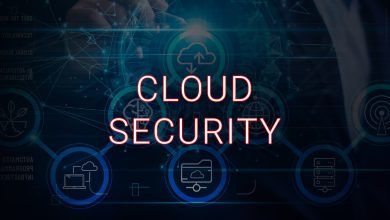The Importance of Promoting Media Literacy in the Digital Age

In today’s digital age, individuals are constantly bombarded with information from various sources, including social media, online news outlets, and advertising. With this influx of information, it is becoming increasingly important for individuals to be able to distinguish between credible and unreliable sources and to critically evaluate the information they encounter.
This is where media literacy comes in. Media literacy refers to the ability to access, analyze, evaluate, and create media in various forms, such as print, digital, and social media. It is a crucial skill that is necessary for individuals to navigate the complex media landscape of the 21st century.

Why is Media Literacy Important?
Media literacy is important for several reasons:
- It helps individuals become informed citizens: Informed citizens are critical to a functioning democracy. Media literacy allows individuals to understand and analyze the information presented to them, enabling them to make informed decisions about important issues.
- It promotes critical thinking skills: Media literacy encourages individuals to question the information presented to them and to think critically about the messages being conveyed. This helps individuals to develop their analytical and problem-solving skills, which are valuable in all areas of life.
- It helps individuals avoid being manipulated: In today’s world, there is a lot of misinformation and propaganda being spread through various media channels. Media literacy helps individuals to identify and avoid being manipulated by these messages.
- It promotes responsible media consumption: Media literacy encourages individuals to consume media responsibly by being aware of the impact that media can have on their thoughts, feelings, and behaviors.
How Can Media Literacy be Promoted?
Media literacy can be promoted in several ways:
- Education: Media literacy can be taught in schools as part of the curriculum. This can help young people develop the skills they need to critically evaluate the media they encounter.
- Campaigns: Media literacy campaigns can be launched to raise awareness about the importance of media literacy and to provide individuals with the tools they need to become more media literate.
- Collaboration: Collaboration between media outlets, educators, and policymakers can help to promote media literacy by providing individuals with access to credible sources of information and by creating policies that support media literacy education.
- Technology: Technology can be used to promote media literacy by providing individuals with tools to help them evaluate and analyze media. For example, browser extensions can be used to identify fake news stories, and social media platforms can provide users with fact-checking tools.
Media literacy is a crucial skill that is necessary for individuals to navigate the complex media landscape of the 21st century. By promoting media literacy, we can help individuals become informed citizens, develop critical thinking skills, avoid being manipulated, and consume media responsibly. This can be achieved through education, campaigns, collaboration, and technology. By working together to promote media literacy, we can help individuals to become more engaged and informed members of society.


